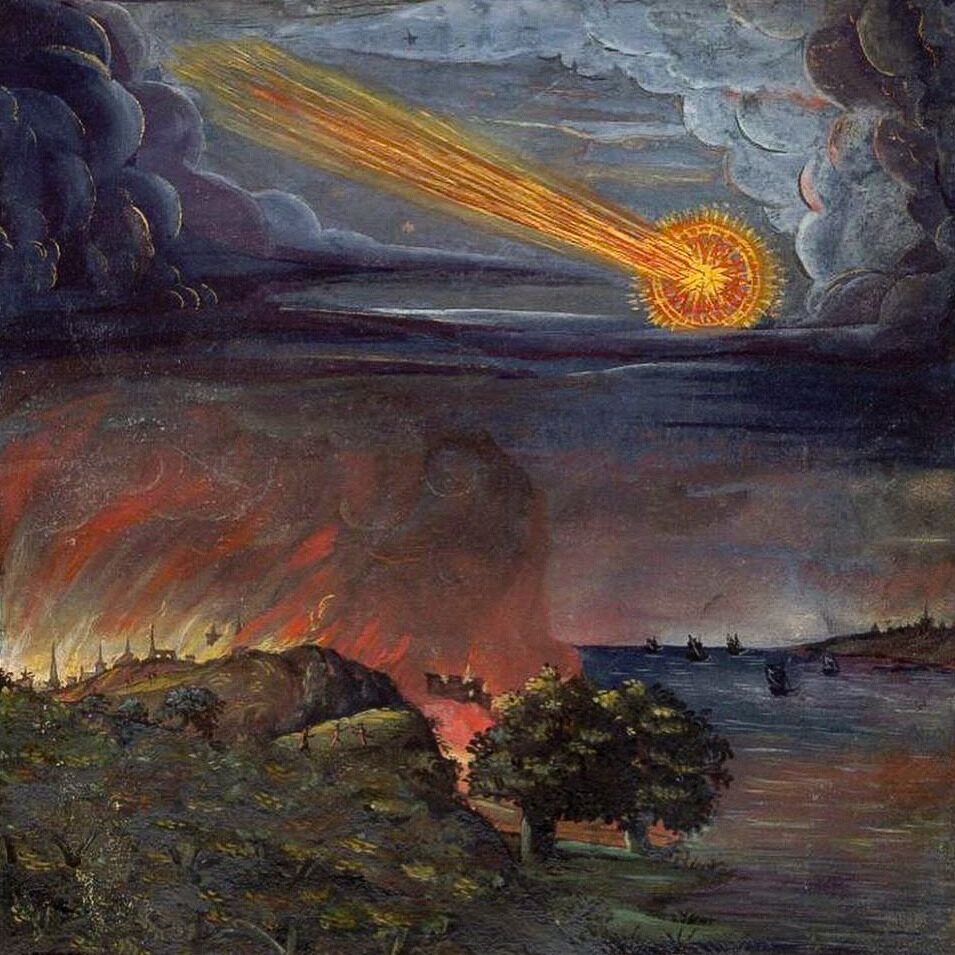I could easily tell you that Kendrick Lamar’s “Sing About Me, I’m Dying of Thirst” is one of the best songs to come from hip-hop in the last few years, and since I like grand statements, I might even give him the decade. Lamar’s style is uncanny: at times when he raps it sounds like a Congo Square bamboula, fueled by inflated tears. His lyrics deal with his mortality, his fears, and the futility of street life, and his phrasing is such that he seems to both pause and dervish over his well-selected beats, but that is not what makes Kendrick Lamar’s work important. What makes him important is the way in which the autobiographical good kid m.A.A.d city is so novelistic and so eloquently anchored in the literary blues tradition of which Ellison wrote. Lamar is equal parts oral historian and authorial presence, and more than many authors writing today, he has captured all of the pathos and grief of gun violence, poverty, and the families who carve their lives out amidst all of that chaos.
Rachel Kaadzi Ghansah skriver långt och intressant om Kendrick Lamar hos Los Angeles Review of Books.
